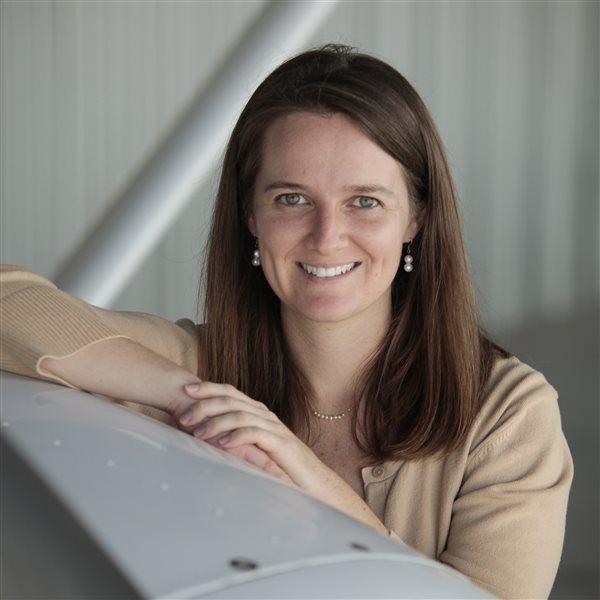FAA stands by directive that created flight training crisis
The FAA on July 23 said that it continues to stand by its July 12 directive requiring letters of deviation authority (LODA) for compensated flight training in experimental category aircraft and exemptions for training in limited category aircraft (like warbirds) and the handful of primary category aircraft.
The FAA’s response came less than 24 hours after legislation was introduced in Congress to allow compensated flight training in these kinds of aircraft without needing a LODA or exemption. The industry has safely trained pilots for decades understanding that providing compensated flight training is not the same as operating an aircraft for compensation or hire.
The general aviation association leaders believe the LODA and exemption request mandate is little more than a paperwork exercise that will do nothing to enhance safety. The FAA, however, asserts that the “LODA process will enhance safety by precisely defining which flight training operations may be conducted legally.” This is an odd statement from the FAA because LODAs, by their nature, don’t define anything.
“There’s going to be less flight training because of this directive,” Baker said. “How is this going to be better? We all lose—the GA community, the FAA, the insurance industry, the economy—even if there is one hour less of training. It will have a negative impact on safety.”
Hartley Postlethwaite, president of the Formation and Safety Team, a group that is busy providing formation safety training in advance of EAA AirVenture, which kicks off July 26, wrote to the FAA: “I have to say the timing of the notification has not enhanced safety, rather it has taken our focus away from the execution of our training. From the tactical level here in the execution of this LODA requirement I have this input for leadership. This situation has removed our focus from safety to paperwork and tracking LODA execution.”
Bury said the FAA “has no plans to surveil owners who receive flight training in their experimental, limited, or primary category aircraft—or the flight instructors who provide that training” but acknowledged that complaints would be investigated by the flight standards district office. Aviation safety inspectors would use the Compliance Program to work with those who unintentionally violated the regulations or their LODA.
“However, should we learn the violation was intentional or reckless or the result of an unwillingness or inability to comply, we will pursue legal enforcement action,” he said, noting that the agency’s true motivation is to use LODAs to “prevent operators from broadly offering their aircraft for joyrides and other similar experiences under the guise of ‘flight training.’”
“Bury leaves the FAA with wide latitude to say that a multitude of violation scenarios could be considered ‘intentional’ or ‘the result of an unwillingness or inability to comply,’ which put pilots in danger. AOPA is receiving calls from many pilots who just learned of the new “policy,” have applied for a LODA to receive training to fly into or at EAA AirVenture, and have not yet received one. Mr. Bury’s letter makes it clear that those pilots now must choose between flight safety and risking legal enforcement action. It’s unconscionable, given the agency’s safety mandate,” said Justine Harrison, AOPA general counsel.
Sen. Jim Inhofe (R-Okla.) and Rep. Sam Graves (R-Mo.) introduced the Certainty for General Aviation Pilots Act of 2021 on July 22, asserting “that individuals engaged in aircraft flight instruction or testing, including phased testing of experimental aircraft, are not operating an aircraft carrying persons or property for compensation or hire.”
“This entire situation is simply frustrating and unnecessary and actually gets in the way of safety,” Baker said. “It is crystal clear that the FAA needs help in getting this right, and we applaud Senator Inhofe and Representative Graves for also recognizing this and leading by introducing legislation in Congress.”




